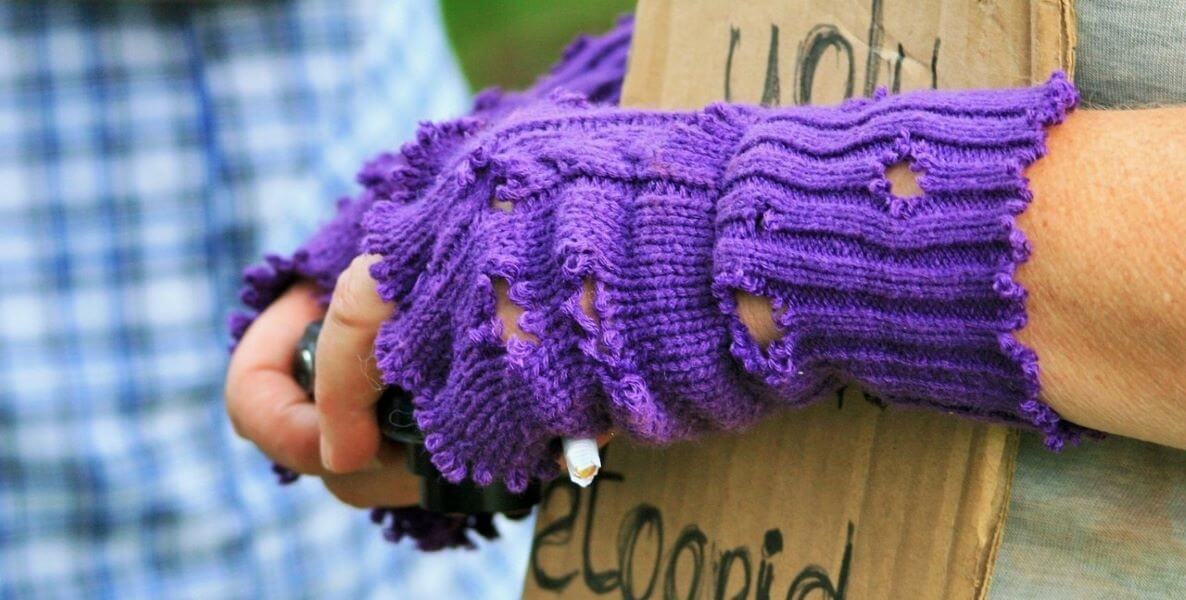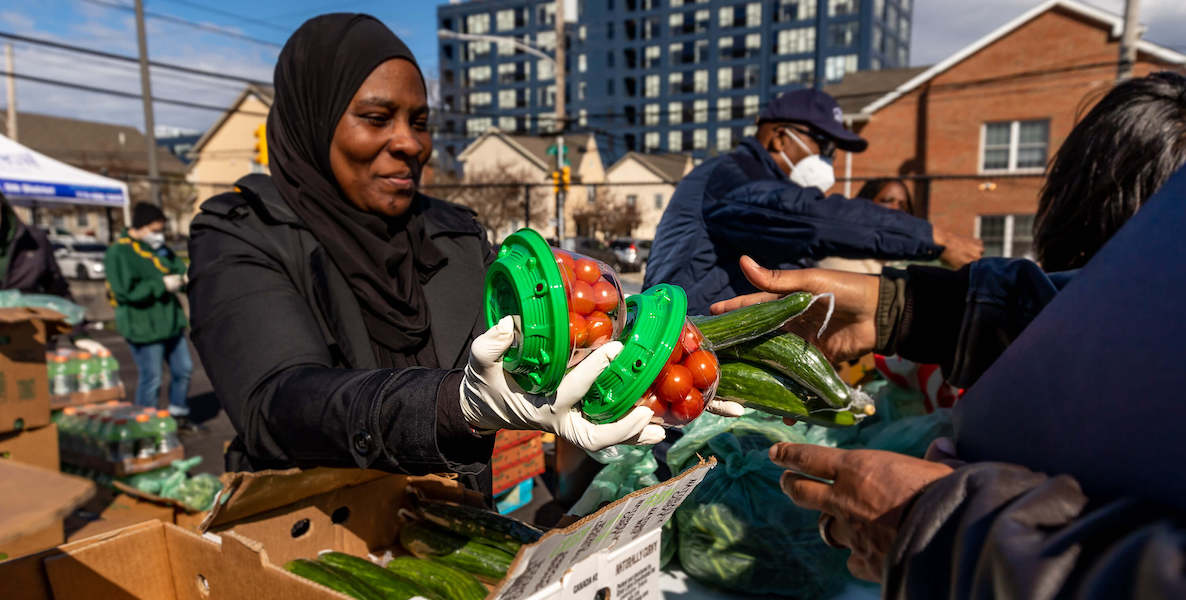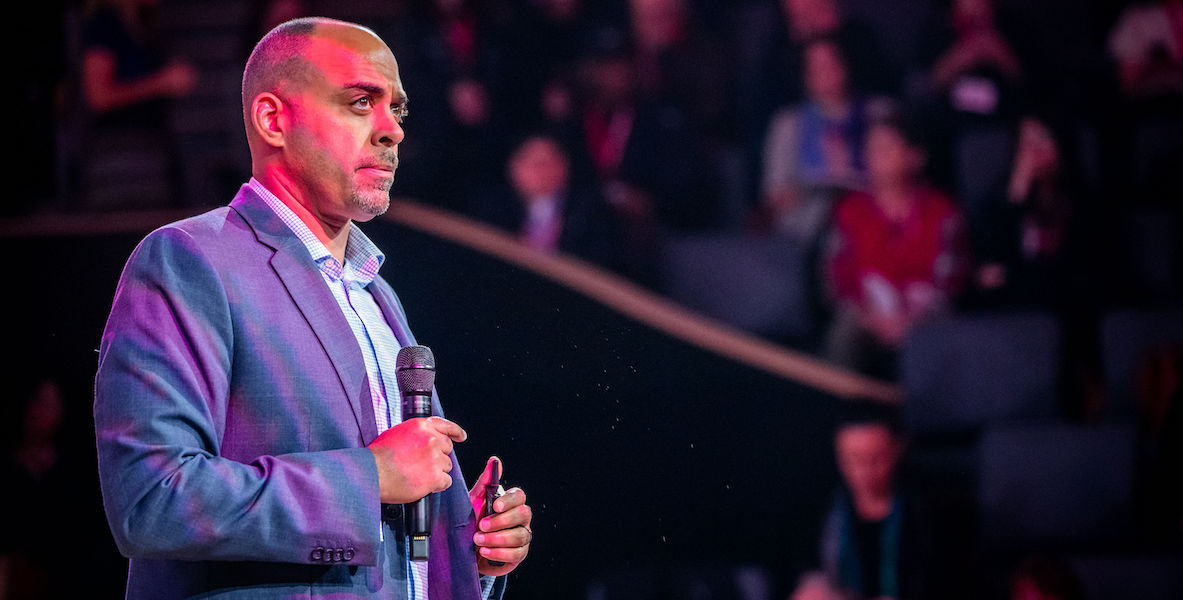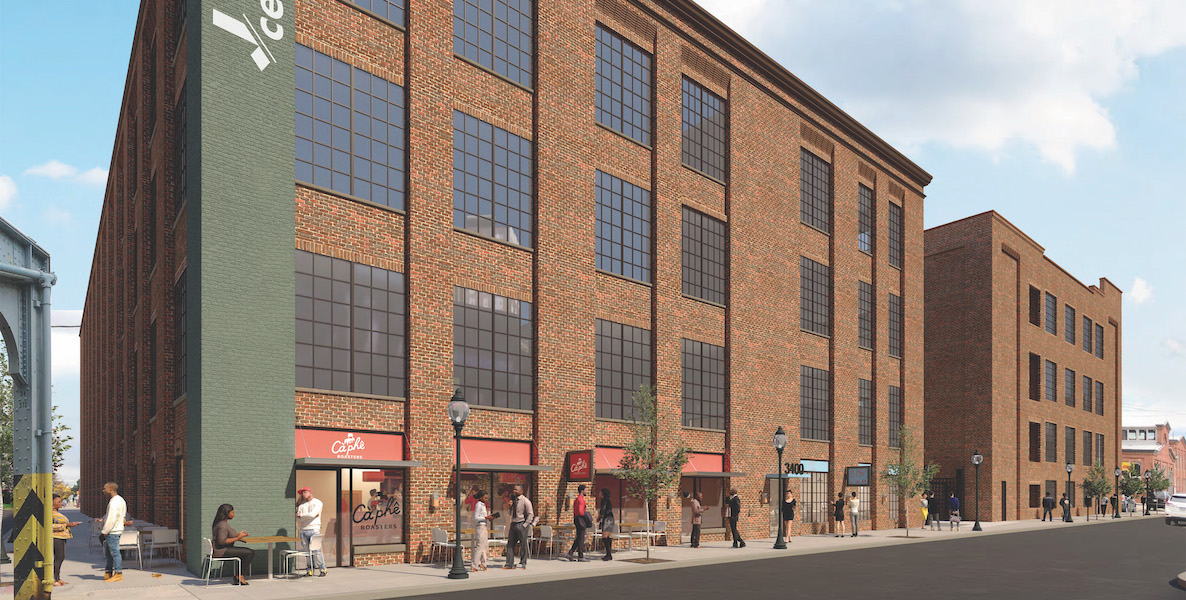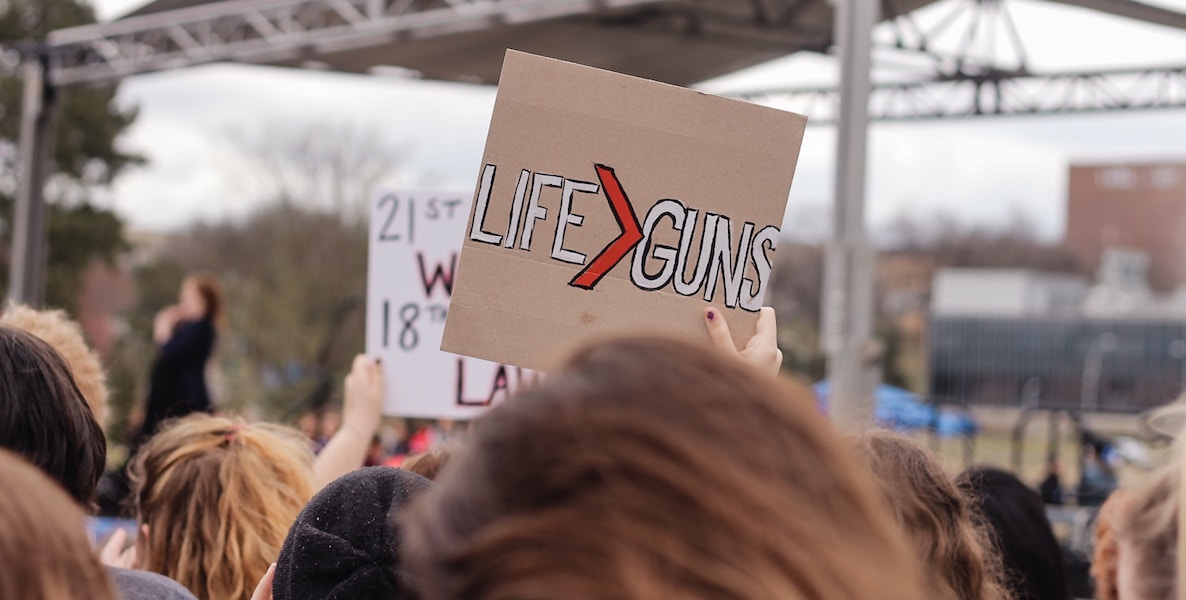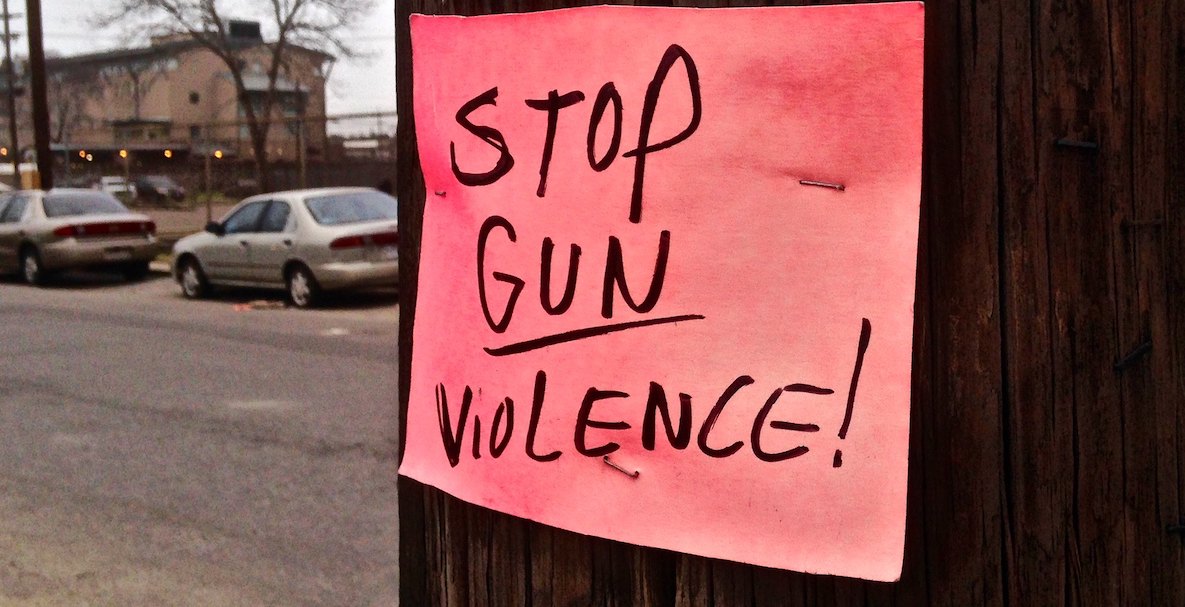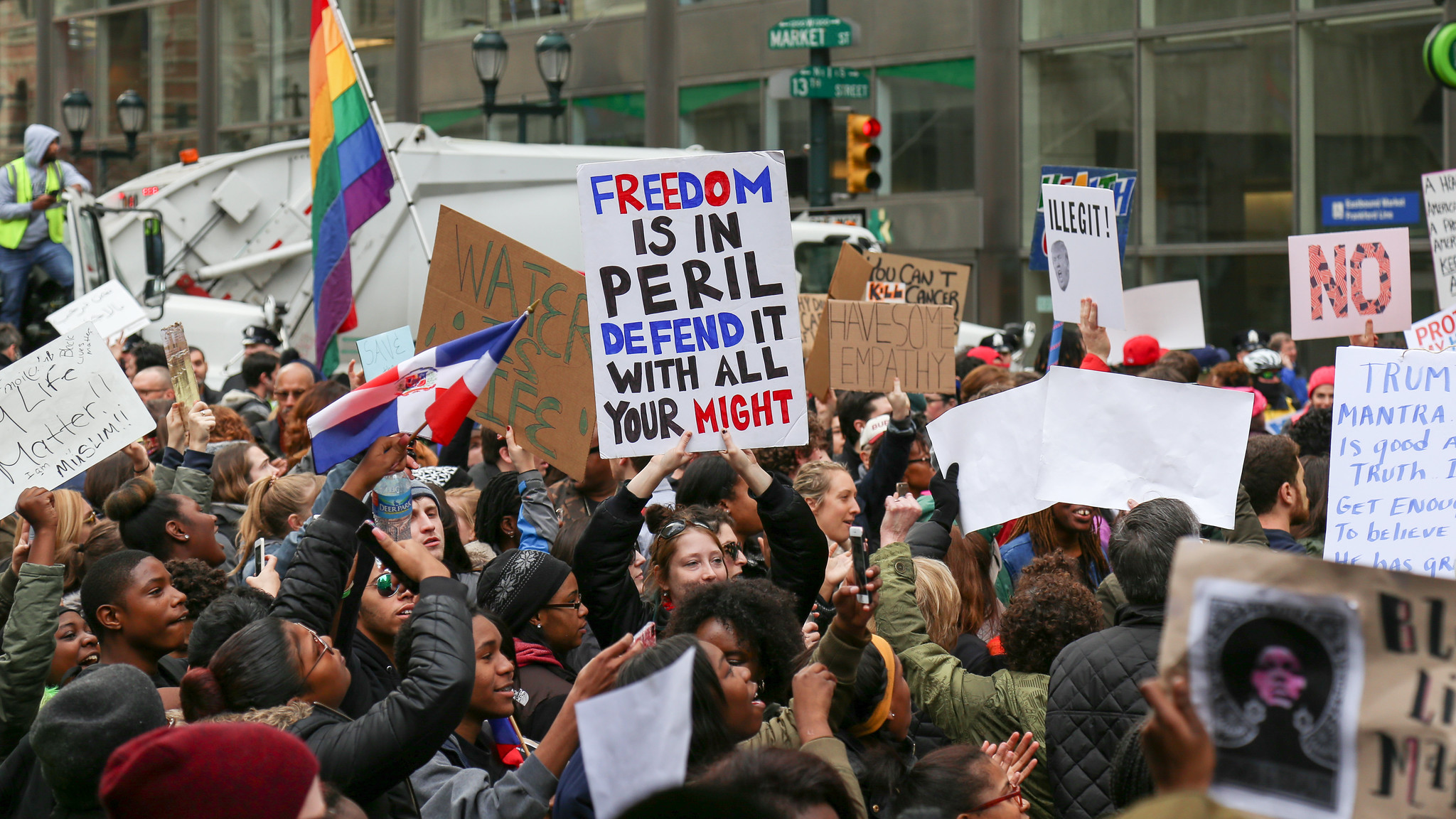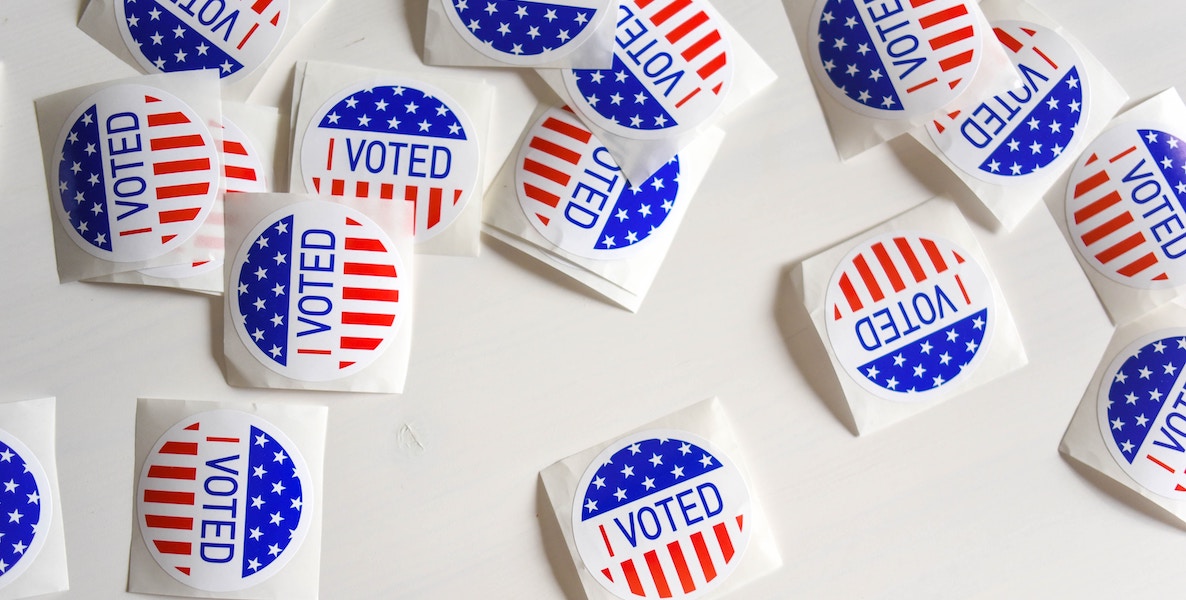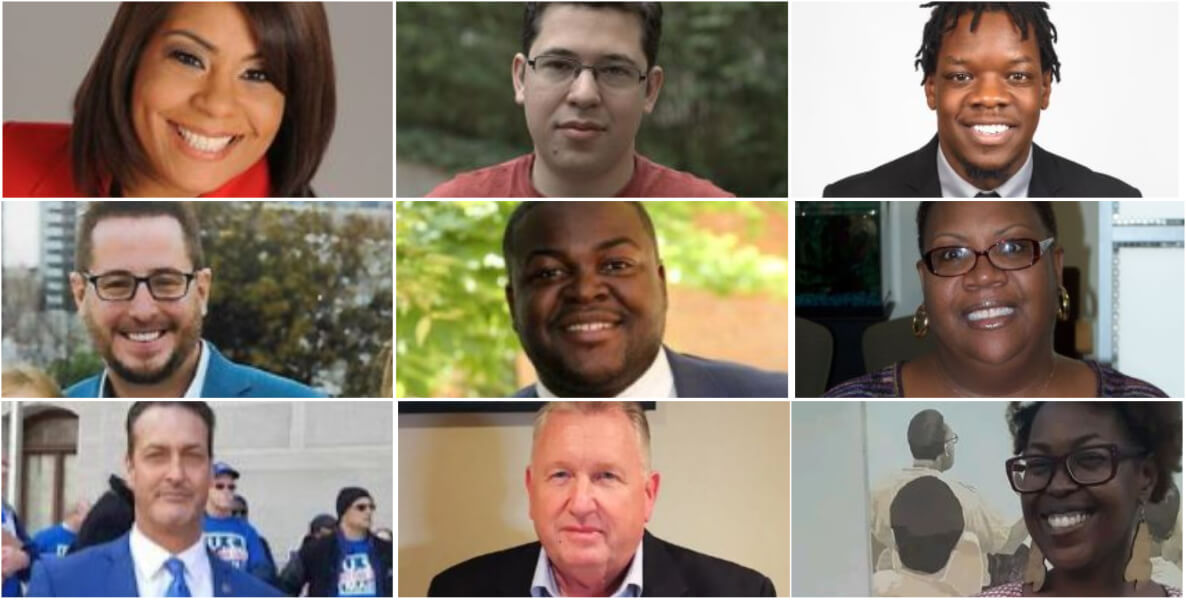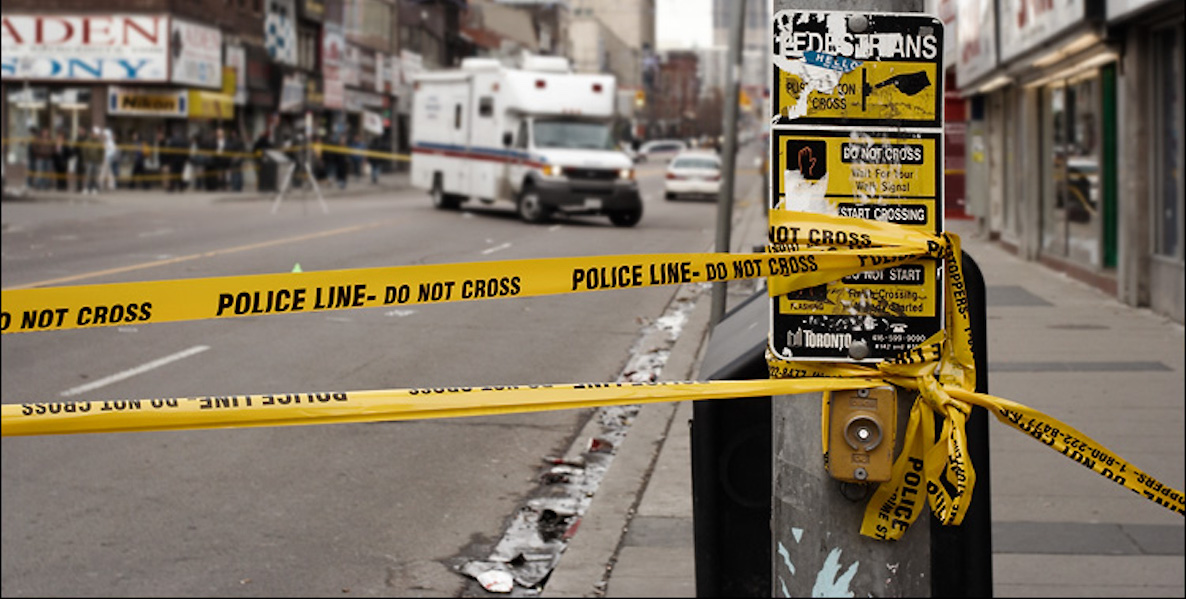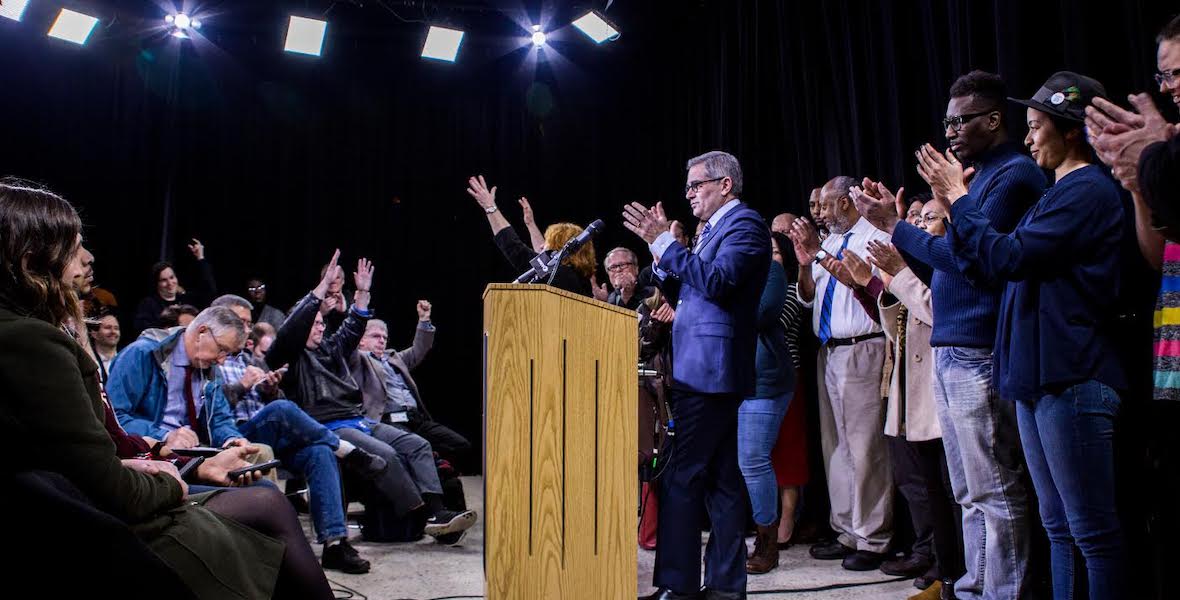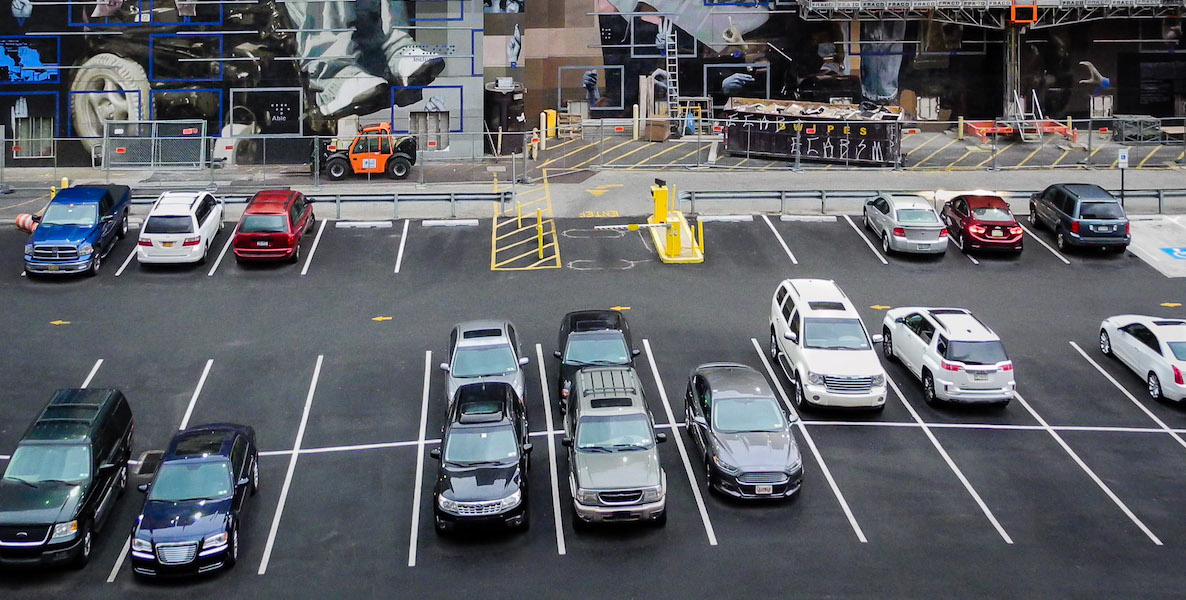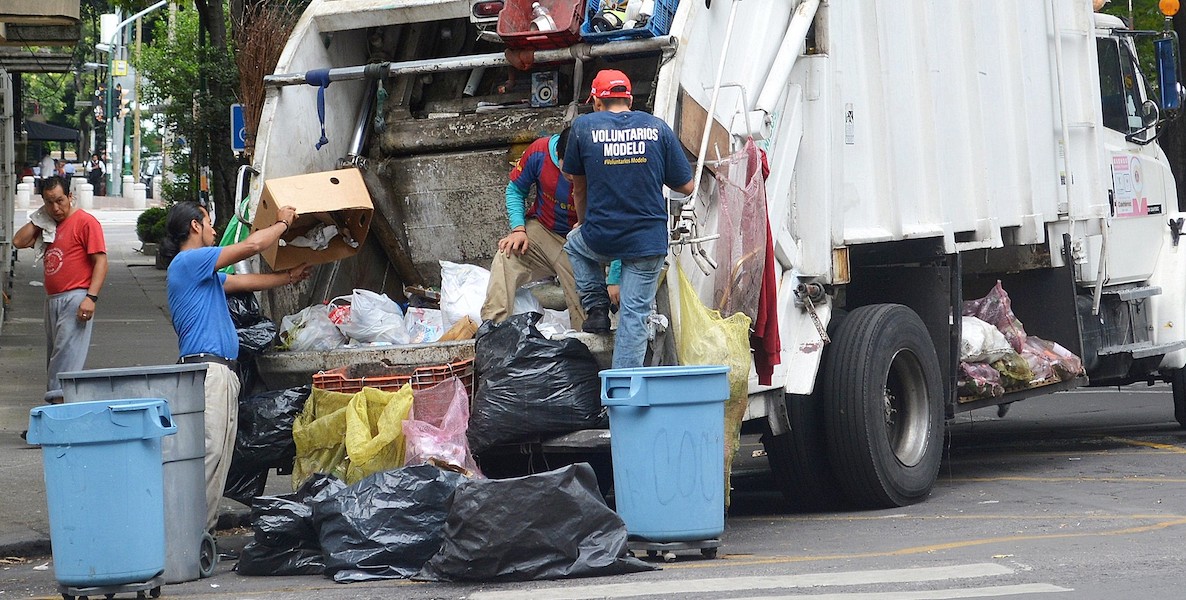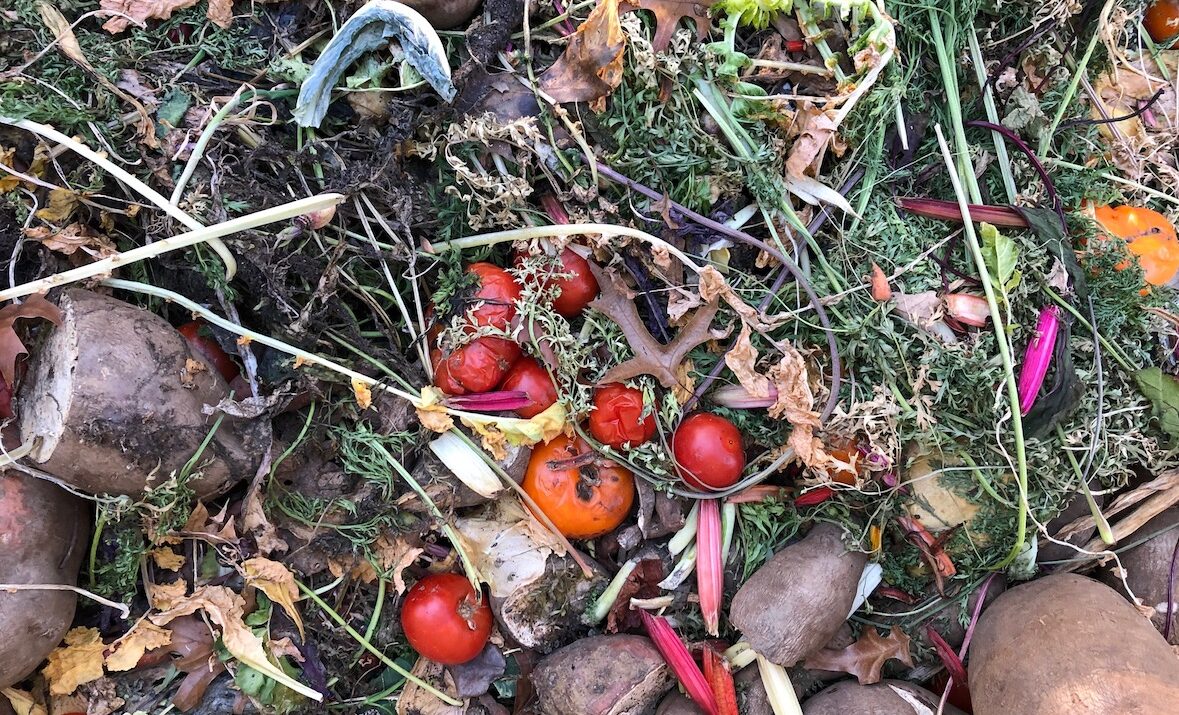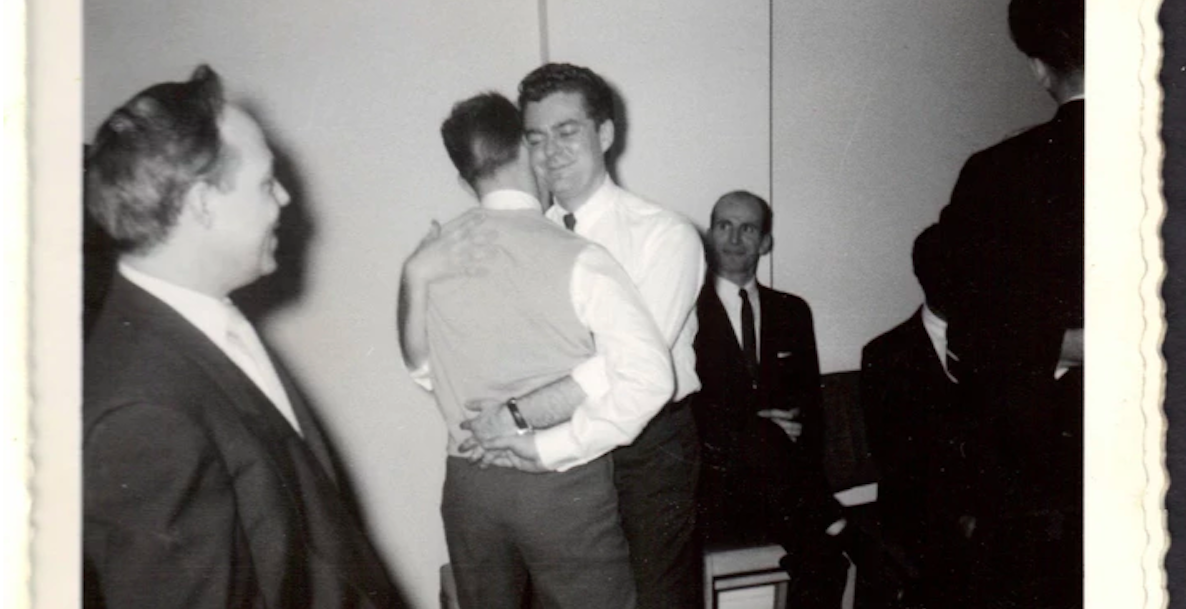The tragedy in South Philadelphia last week—in which a rowhome exploded, killing two people, destroying three houses and damaging several others—was a stark end to a year that, like Philly itself, was full of stark contrasts. For the families, the effects of that fire will never fully go away. And the same may be true for the larger community—but not in ways that are necessarily all bad.
In the days since the explosion, Philly has done what Philly so often does: Rallied around. The diverse neighborhood of immigrants and lifelong residents, as well as others touched by the tragedy so close to Christmas, have raised tens of thousands of dollars to help the families, mostly in increments under $50; clothing and houseware donation boxes have popped up in cafes, bakeries and rec centers; restaurants have offered free food. There is trauma, but there is also hope.
Yes, my neighbor down the street votes a different way from me. But you know what we share? A love for our block, our neighborhood, our city. And that matters way more.
That capped a year in which violence was up, poverty was still high, jobs were scarce, litter was a scourge. But it also reflected another, more hopeful, reality of Philadelphia that’s clear from The Citizen’s most read stories of the year: We care. We argue, we agitate, we run for office, we celebrate small victories—more, perhaps, than we have in recent memory.
In 2019, we cared about voting.
As it is every year, 2019 was a local election year—and a pretty epic one, at that. Over 40 people ran for City Council in the Democratic primary alone this year, from those with the machine solidly behind them to those from far outside Philly politics as usual. We saw change: Kendra Brooks, the first third party candidate to hold a Council seat; Rochelle Bilal, the first woman elected to sheriff. And we witnessed, as usual, the Philly shrug: The uncontested reelection of indicted City Councilman Bobby Henon. It was a dizzying show of democracy, Philly-style.
To be clear: Voter turnout, in May (23 percent) and November (29 percent), was still solidly meh. But November’s turnout was up from 2015 (26 percent), the last time we had a mayoral and City Council race—and solidly higher than in 2011 (20 percent), the last time an incumbent mayor was on the ballot. That was thanks to teachers like Central High’s Thomas Quinn, leading the charge to get young people registered; to the candidacies that got people talking about the election; to a fired up citizenry that seems (hopefully) increasingly to understand the power of local politics. And to all of us, who cast a vote.
In 2020?
You know what next year is about: Perhaps the most important presidential election in a generation. And Philadelphia—the biggest city, in a swing state that went to Pres. Trump by just 50,000 votes, in part because of low local turnout—is among the most important cities in America right now. Let’s show the world we know that. After all, this is the city where American democracy was invented—we got this.

In 2019, we cared about crime. And criminal justice.
It was a bad year for Philly in at least one way: Violence was up again, with 346 homicides—one percent higher than last year’s worst in a decade rate of killings in the city—including several children. That doesn’t count the thousands of non-fatal shootings, like the six police officers shot during a standoff in Nicetown over the summer. It is a travesty. And our elected, and appointed, leaders have failed to address it.
We are also a City at the forefront of efforts to reform criminal justice in America. That effort can be messy, as evidenced by the decidedly mixed views of District Attorney Larry Krasner, who has alienated police, victims and other prosecutors—but whose supporters continue to win elections.
In 2020?
The August resignation of Police Commissioner Richard Ross amidst sexual harassment allegations, as well as the negotiations over the new police union contract, offer Mayor Kenney an opportunity: Can he bring in a chief who can shepherd in a new culture that eschews the department’s history of harassment and actually solves crimes in a city with a 40 percent homicide clearance rate? Will he push the police union to make concessions that will make it easier for the next commissioner to fire bad cops?

In 2019, we cared about traffic. Also parking.
Listen, it’s hard to get places. The roads are clogged, and pockmarked; the parking is expensive and, depending on whom you ask, either too plentiful or too scarce. So we spent a lot of time talking about congestion, and its cousins, parking, pollution and public transit. And it’s probably going to stay that way, as long as the jobs are far away—30 percent of us leave the city for work—SEPTA struggles to keep up with the need, and Philly fails to maintain the roads like a world class city.
In 2020?
The new year will bring a new chief to SEPTA, former PennDOT Secretary Leslie Richards, with a background in urban and regional planning who made her mark in the state with efforts to engage the public in planning around capital projects. That could bring a more city-focused lens to the transportation agency, which has spent far more money over the last decade on suburban rail than the city services, which most of its ridership uses.

In 2019, we cared about the Earth.
Did you know Philly used to have citywide curb composting, until the 1990s? That’s something we learned late in the year, when the city announced a community composting pilot, another step towards the goal of zero waste by 2035. Youth rallied, while adults debated: What do we do with the old Philadelphia Energy Solutions refinery, how to contend with the fact that poor neighborhoods are more polluted, what can we do about the litter (which just ends up in the river)?
In 2020?
Maybe—is it possible?—the city will finally begin mechanized street cleaning again, something Mayor Kenney promised way back in 2015. And maybe we adults will start listening to the children: Now is the time to save their planet.

In 2019, we cared about helping out.
The problems are huge in this city. But we are also a city of problem-solvers. And that was evident this year, too. People looked for ways to help the homeless and hungry, to track down a gay couple depicted in 60-year-old photos, to bring more diversity into school leadership, to hear about ideas from outside the city to solve problems. We had businesses diving in to do good and well: Like, Shift Capital, the B Corps Kensington developer offering discounted rents to residents who volunteer in the neighborhood, and FS Investments, the Navy Yard company democratizing investing.
In 2020?
There is no getting around the fact that 2020 is likely to be a year of bitterness and bile on the national scale. We are broken, politically-speaking. So let’s make 2020 a year of local empathy, kindness and neighborliness. Yes, my neighbor down the street votes a different way from me. But you know what we share? A love for our block, our neighborhood, our city. And that matters way more.
Header photo courtesy Mobilus In Mobili / Flickr

